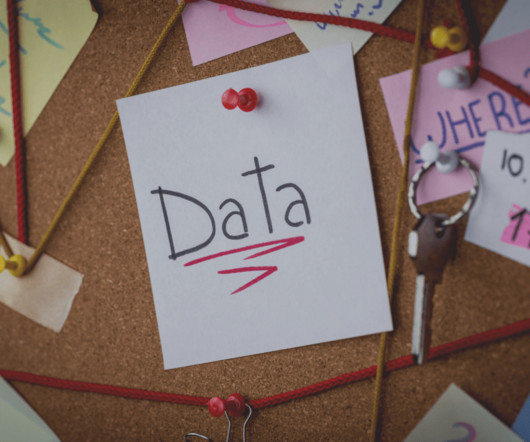Managing Clients’ Digital Evidence: Best Practices for Family Law Attorneys in High-Conflict Cases
Destination Articles Blog
NOVEMBER 5, 2024
In family law, how you handle digital evidence can really make or break your client’s case, especially in high-conflict scenarios. Understanding Digital Evidence Digital evidence is data stored or transmitted digitally, such as emails, transaction records, social media posts, and browsing history.















Let's personalize your content